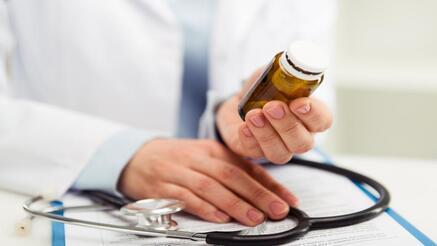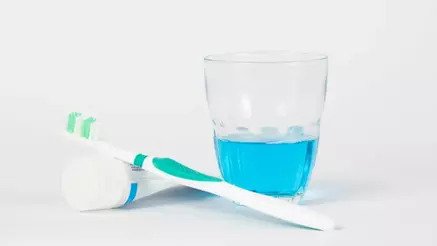A vast array of known factors play a role in the current opioid crisis, and a recent study may have identified yet another. The authors conclude that doctors are more likely to prescribe opioids later in the day and when appointments are running late. The driving forces behind the opioid epidemic are complex, and scientists are approaching the problem from all angles. Some are focusing specifically on reducing the overall number of opioid prescriptions. Of course, in certain situations, experts acknowledge that opioids are the right choice. However, there are concerns that doctors are overprescribing opioid medication. “We observed increasing rates of opioid prescribing as appointments progressed through the day and as they ran behind schedule.", say the authors. Study was conducted. Although the size of the effect that this study reported was only moderate, the authors believe that a change in prescribing behavior of this magnitude could have meaningful relevance for national trends in opioid use. (Credits: www.medicalnewstoday.com)


